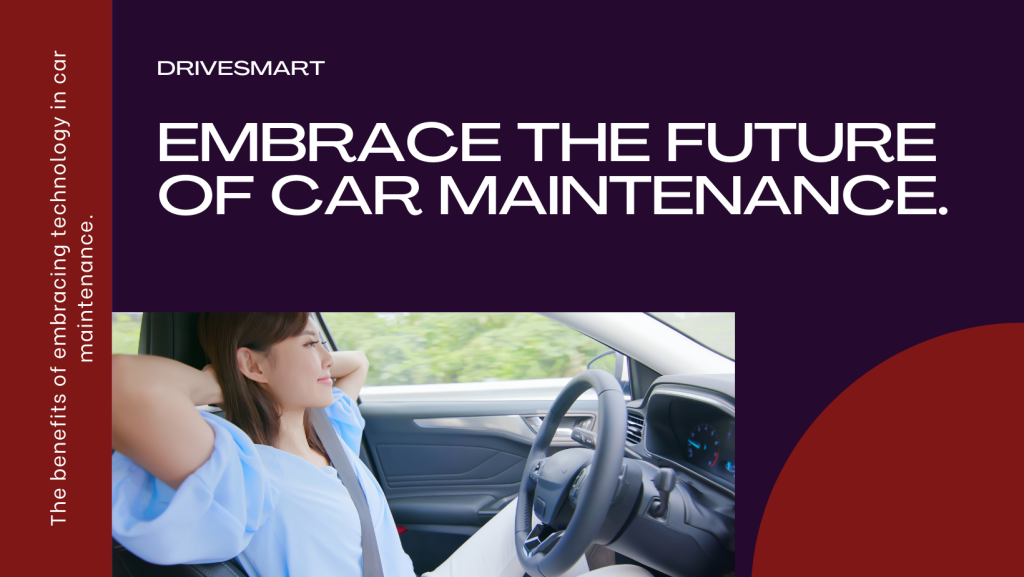The design, production, and maintenance of automobiles are being completely transformed by technology breakthroughs in automation, networking, and digitalization. Technology is becoming more and more involved in auto repair and maintenance, from diagnostic sensors and predictive analytics to remote monitoring and over-the-air upgrades.
The introduction of telematics and onboard diagnostic systems is one of the biggest advances in vehicle technology. These technologies keep an eye on the health and performance of the vehicles in real-time, warning drivers and service providers of possible problems before they get worse. Remote diagnostics reduce downtime and minimize driver disturbances by enabling proactive maintenance scheduling and more effective service delivery.
Furthermore, drivers can effortlessly handle the upkeep and servicing of their vehicles with the help of smartphone apps and linked auto platforms. Personalized maintenance advice and reminders, appointment scheduling, vehicle diagnostics, and proactive maintenance habits are all made easier with the help of these digital solutions that simplify car ownership.
Furthermore, predictive maintenance and defect detection skills are being revolutionized by advances in machine learning and artificial intelligence (AI). In order to find trends, anticipate component failures, and improve maintenance schedules, AI-powered algorithms examine enormous volumes of data gathered from onboard sensors and previous maintenance records. Service providers may maximize vehicle uptime and dependability by offering more focused and economical maintenance solutions by utilizing AI-driven insights.
In addition, the popularity of electric and driverless cars is spurring innovation in auto repair and servicing. When comparing electric vehicles (EVs) to traditional internal combustion engine vehicles, maintenance requirements and operating expenses are cheaper due to EVs’ decreased moving parts and simpler drivetrains. Parallel to this, advanced sensor systems and onboard diagnostics are used by autonomous cars to track performance and identify irregularities, opening the door for autonomous service and predictive maintenance.
Future vehicle maintenance promises more efficiency, convenience, and dependability for both drivers and service providers as automobile technology develops further. The automotive industry is positioned to transform vehicle maintenance, resulting in safer, more sustainable, and more pleasurable transportation experiences for everybody, by adopting digitalization, connection, and automation.




